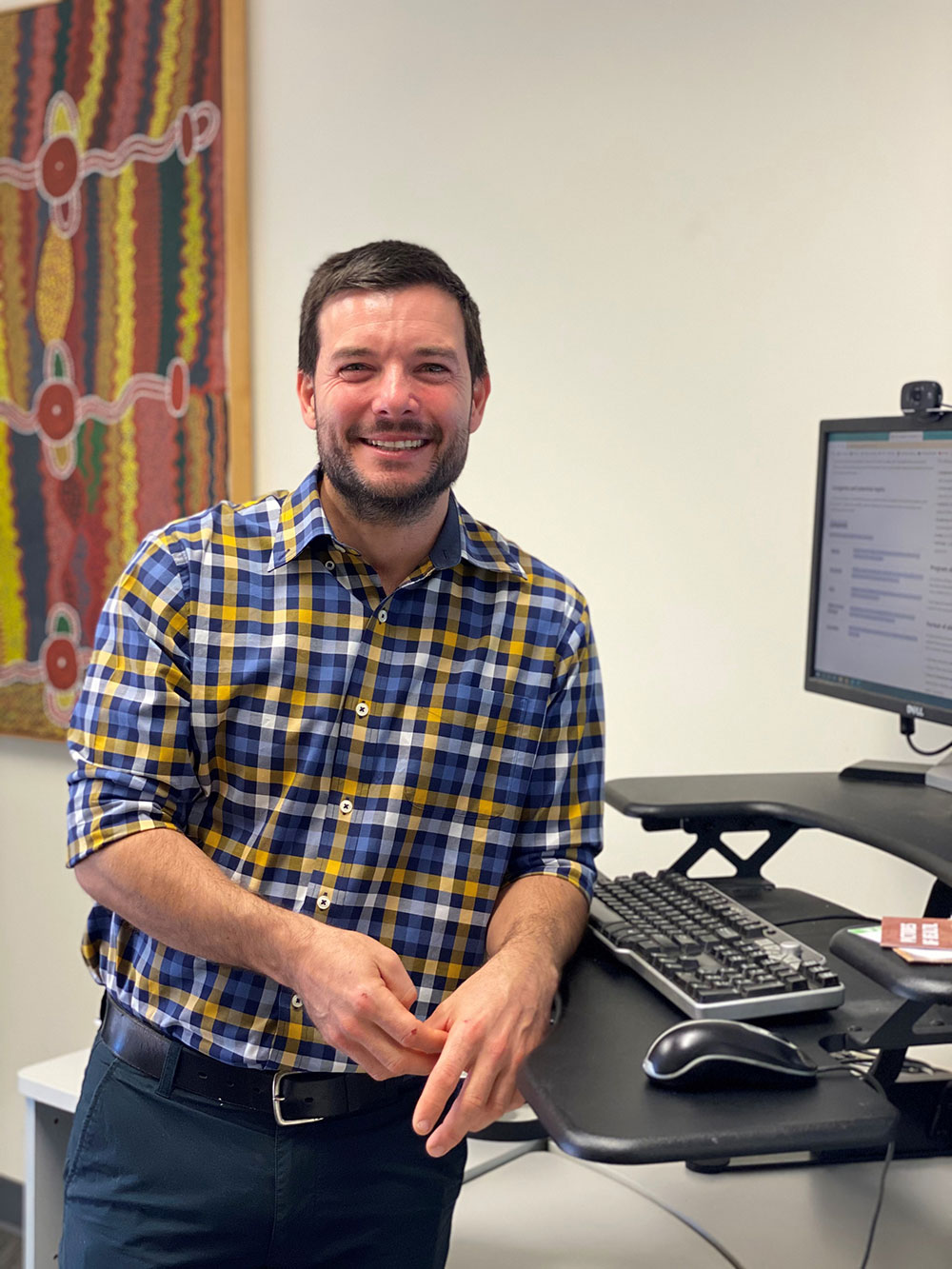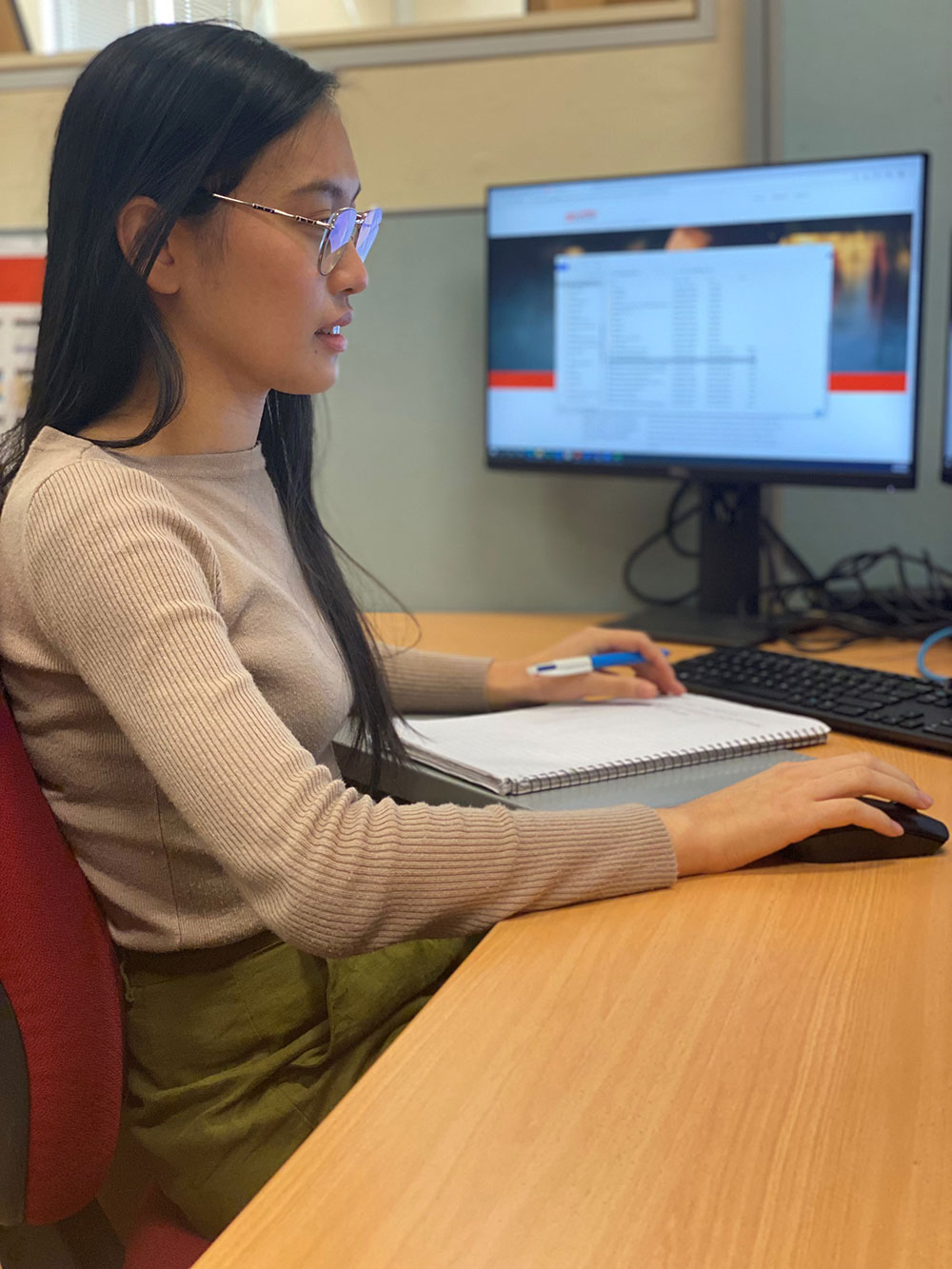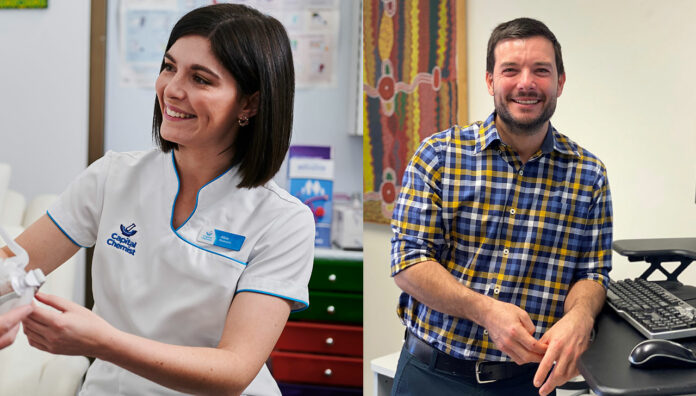A number of new PSA state and territory Branch leaders were elected this month. Australian Pharmacist spoke to three new recruits about their hopes for the profession.
These representatives bring further passion and diversity to PSA, drawing on their skills and experience to advocate for pharmacy, promote membership and represent their state or territory at a national level.
‘The PSA is thrilled to announce the newly elected members of the Branch Committees and we believe that these appointees will drive the organisation and profession forward,’ PSA Chief Executive Officer Mark Kinsela said.
Here’s what some of the new leaders have to offer.
Tobias Speare MPS, South Australia/Northern Territory Branch
Originally from North Queensland, Tobias Speare MPS explored a number of different cities and areas of pharmacy practice before realising his passion lies in improving rural and remote health care.

‘I did my internship year at the Mackay Base Hospital before I moved overseas to Dunedin on New Zealand’s South Island to work in community pharmacy,’ Mr Speare told Australian Pharmacist.
Next was a stint far north in Glasgow at the Beatson West of Scotland Cancer Center, where he worked as a pharmacy checking technician.
After travelling through Eastern Europe, Mr Speare returned to Queensland for a job at the Mount Isa Centre for Rural and Remote Health, part of James Cook University, where he developed programs to encourage students to undertake placements in rural and remote practice.
A position as a clinical pharmacist at the Royal Melbourne Hospital followed, but after 5 years Mr Speare was ready to return to his rural roots.
‘I took up a position as a clinical pharmacist at Alice Springs Hospital,’ he said.
‘Not long after I arrived, an academic job became available with Flinders University at the Centre for Remote Health, addressing the disparities in health with remote populations, particularly Aboriginal and Torres Strait Islander communities.’
In this role, Mr Speare coordinates postgraduate topics around public health, primary health care and evidence-based practice for the remote health workforce. He has also been furthering his own education, completing a Master of Public Health, a Graduate Diploma in Health Research, and is working towards a Graduate Certificate in higher education.
Mr Speare is also Treasurer of the Central Australian Rural Practitioners Association, which supports the remote health workforce and has a role in the governance of treatment guidelines that direct practice in remote areas. His other memberships include the NT Clinical Senate, NT Primary Health Network Central Australian Clinical Council and the Central Australian Human Research Ethics Committee.
‘One of the great things about Alice Springs is the amazing professional opportunities available through different community and advisory councils,’ he said.
What Tobias hopes to achieve
Mr Speare hopes to help improve the delivery of healthcare services in rural and remote areas, particularly for Aboriginal and Torres Strait Islander peoples, via expanded scopes of practice.
‘Pharmacists are moving into primary health care in Aboriginal Community Controlled Health Services, which is a really exciting area,’ he said.
‘And there are a lot of changes happening in relation to the 7th Community Pharmacy Agreement, which will provide opportunities to improve the access to pharmacy services and the quality use of medicines in remote areas.’
Lily Pham MPS, NSW Branch
As an early career pharmacist, Lily Pham MPS has already amassed a broad range of experience across a number of different areas.

After graduating in 2018, Ms Pham’s intern year was a mix of community and hospital practice.
‘I was working at Strathfield Private Hospital [in Sydney’s Inner West] through Ramsay Health, and at a local community pharmacy on the weekend,’ she said.
In unfortunate timing, Ms Pham became a registered pharmacist in the middle of the pandemic, as elective surgeries were being cancelled and jobs in the private hospital sector became scarce.
However, she took this opportunity to expand into the practice support side of pharmacy. While continuing to work in community pharmacy, along with an occasional shift at the hospital, Ms Pham began working with PSA as a project support officer, fielding questions about electronic prescribing throughout the rollout.
With her hospital work picking up again, Ms Pham has added yet another skill to her repertoire as a research assistant on the PharMIbridge trial.
‘Research is great because you’re able to implement change from almost a legislative level once published,’ she said.
‘But to be on the ground in the field, just helping one person is really rewarding.’
Ms Pham also implements some of her research findings in her own practice.
‘I’m doing a Master of Research in Mental Health, and a lot of the things I learn from my supervisors and colleagues will influence my approach to patients, such as the language you use when someone is having a mental health crisis,’ she said.
What Lily hopes to achieve
Ms Pham hopes to see pharmacists work to their full scope of practice and beyond during her tenure on the NSW Branch Committee – particularly in the aged care sector.
‘I work as part of the GRACE and BRACE team (rapid outreach services) for the Northern Sydney Local Health District, and that’s all about educating nursing homes about medicine safety,’ she said.
‘There’s so much evidence to suggest that having a pharmacist on the team actively working in patient care can make a huge difference, and yet it’s not something that is implemented yet.
‘Hopefully in these areas where we have concrete evidence, we can advocate for and eventually incorporate them into practice.’
Alicia Martin MPS, ACT Branch
Even though Alicia Martin MPS is only in her second year of practice as a registered pharmacist at Capital Chemist Wanniassa in Southern Canberra, she has already demonstrated her leadership chops via several high-level appointments in student organisations throughout her university years.

‘I was president of the Canberra Student Pharmacy Association for 2 years,’ Ms Martin told AP.
‘I was also on the board of the National Australian Pharmacy Students Association for 2 years as well.’
Her passion for pharmacy dates back to high school, when she was figuring out where to apply her scientific skills.
‘When we had to do work experience in Year 9, I had no idea what I wanted to do,’ she said.
‘But when I was researching different health jobs to compare degree length and salary, pharmacy just seemed like a good option. And I’ve stuck with it ever since.’
Ms Martin’s favourite aspect of pharmacy practice is building relationships with patients, and having the opportunity to regularly chat with them about their medicines and health.
‘It’s great to be able to follow up with patients and ask, “how did you go when you asked the doctor about this?”,’ she said.
What Alicia hopes to achieve
As Ms Martin plans to continue working as a community pharmacist, she hopes to ensure the profession’s growth through her appointment to the ACT branch committee.
‘I want to make sure that my profession is strong for me as I grow into it, since I’ve only just joined,’ she said.
‘So the PSA’s advocacy for pharmacy is really important.’
To view a list of the Branch Committee members nationwide, click here.



 Professor Margie Danchin[/caption]
Professor Margie Danchin[/caption]

 Dr Peter Tenni[/caption]
Dr Peter Tenni[/caption]
 How should we deprescribe gabapentinoids, according to the Maudsley Deprescribing Guidelines[/caption]
How should we deprescribe gabapentinoids, according to the Maudsley Deprescribing Guidelines[/caption]



 Pharmacists have always prescribed, but they have the potential to prescribe much more
Pharmacists have always prescribed, but they have the potential to prescribe much more






